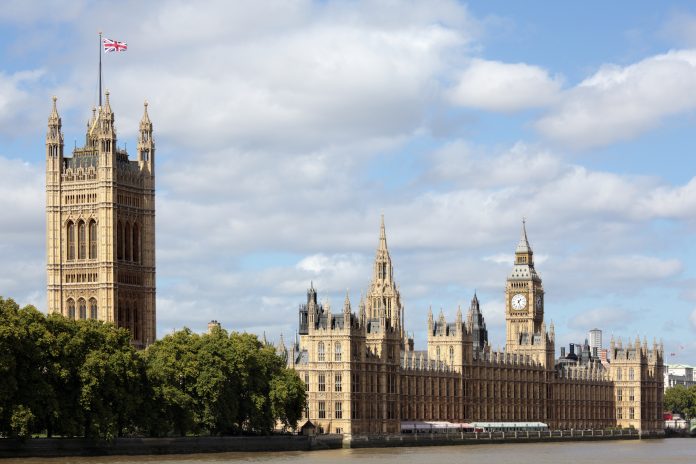James Herbert, founder and CEO of new London-headquartered tech firm, Foundry4, discusses the importance of upgrading government digital services to support an economic recovery
Before lockdown began in March, I spent a lot of time rushing around the country and pursuing a far from perfect lifestyle. But like many of us, being confined to the home gave me time to reflect on and improve my health. Running became my outlet of choice and along with a better diet, taking supplements and regular stretching, I started to feel in much better physical and mental shape.
Despite these improvements, they were built on top of my older self. I still felt all the usual aches and pains. Ultimately, I had to completely rethink my mindset, learning how to run differently and make fundamental changes such as considering the very shape of my toes and feet. Completely changing factors like these means I no longer suffer injuries and am far more confident in my abilities. My approach was not simply modernised, but transformed.
Government Digital Services (GDS)
As Government Digital Services (GDS) continues its search for a new CEO and CIO, whoever takes the helm would do well to do the same and consider the mechanics of transforming over modernising. In this challenging environment, the new leadership will have a key opportunity to distinguish themselves from Track & Trace and the Government’s other digital over the last few months, as long as they look beyond surface-level changes.
After all, much of what GDS has achieved over the last decade has been positive. Introducing an increasingly user-centric focus, consolidating a huge web estate, applying spend controls, instilling more clarity over data and technology standards, and deploying a procurement policy that looks more favourably on SMEs have been areas in which the UK Government has shown global leadership. GDS has led the much-needed digital change that represents the most significant upheaval in the public sector for decades.
Modernisation vs Transformation
However, just as was the case with my initial running progress, these improvements are great examples of modernisation, not transformation. That’s not to say that all the modernising tactics that have gone before were a waste of time. Just as I could not have made wholesale changes to my running technique without first improving my fitness, the modernisation of Government systems that has gone before will be an important pre-cursor to crucial, more comprehensive transformation. Without making initial improvements, you don’t give yourself the chance to make fundamental changes.
Despite all the good work that has gone before, almost nothing within Government technology infrastructure has been transformed. It may have been part of the objectives of GDS, but through no fault of their own, it was not within their grasp. With all the progressive rhetoric, skilled leadership and political backing, what has stood in their way?
With the best will in the world, the context has to be in place for genuine transformation to take place. The Civil Service is hundreds of years old, built on legacy technologies, processes, structures, cultures and leadership models that have been instilled over many decades. Furthermore, the political structure that underpins these systems has no serious interest in the business of government. Its workforce, while containing a huge amount of talent, is likely to be working on the wrong things in the wrong way, restricted by the grip that policy still has on the upper echelons of the Civil Service.
But the current context is unlike any since GDS came into existence. Regardless of what has gone before, the age of COVID-19 has exposed frailties within the public sector’s digital infrastructure that must be urgently addressed with comprehensive reform. Modernisation is hugely valuable and must continue, but it is only by starting again that upheaval of such entrenched processes is possible.
Whatever your political views, or how much blame you place at the door of the current Cabinet for the UK’s approach to the COVID-19 pandemic, we have a once in a century opportunity to genuinely transform the processes that define our political system. The new GDS leadership will have a challenge on their hands to make the significant changes required – to succeed, they must be intent on running their race to the fullest.




![Europe’s housing crisis: A fundamental social right under pressure Run-down appartment building in southeast Europe set before a moody evening sky. High dynamic range photo. Please see my related collections... [url=search/lightbox/7431206][img]http://i161.photobucket.com/albums/t218/dave9296/Lightbox_Vetta.jpg[/img][/url]](https://www.openaccessgovernment.org/wp-content/uploads/2025/04/iStock-108309610-218x150.jpg)






